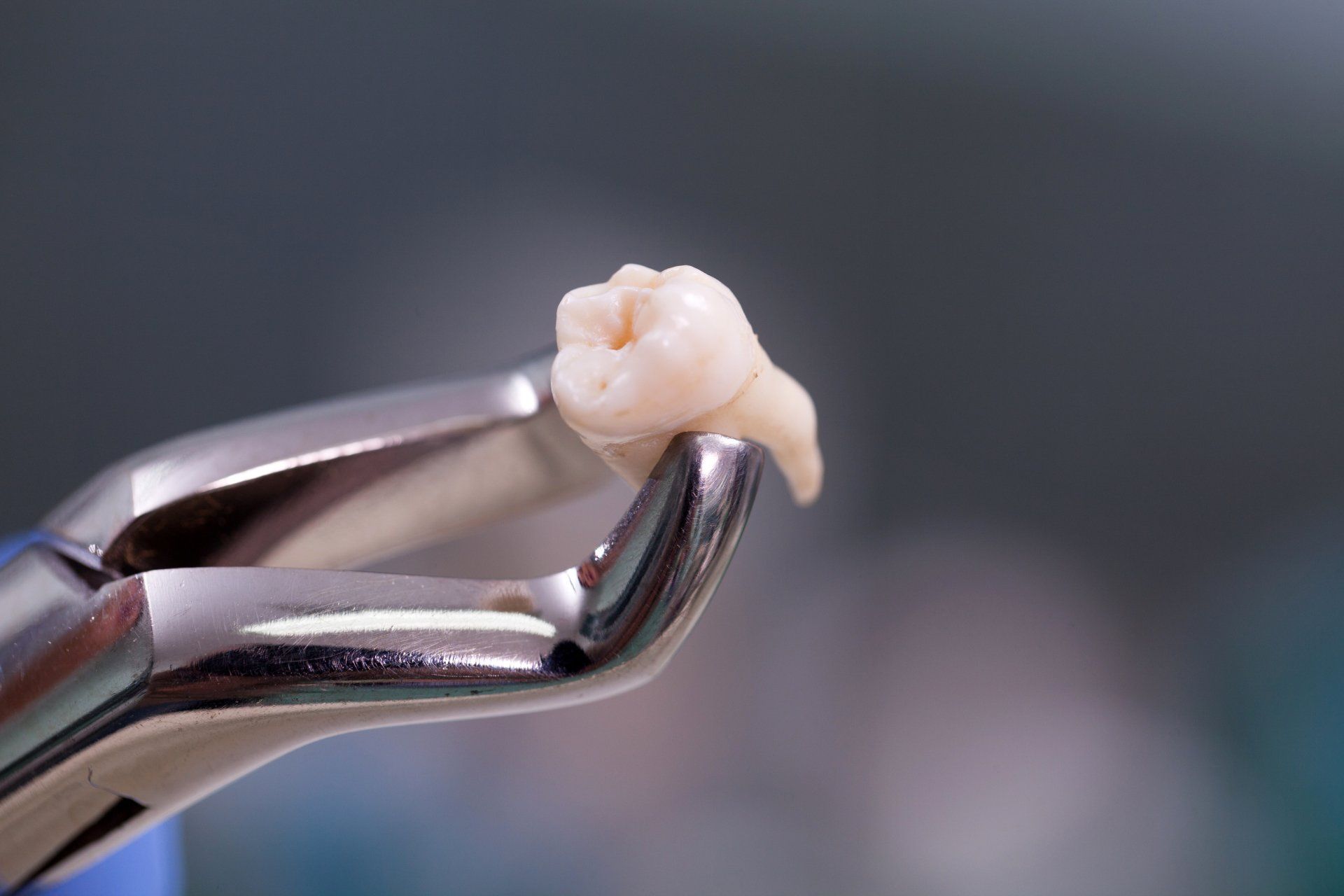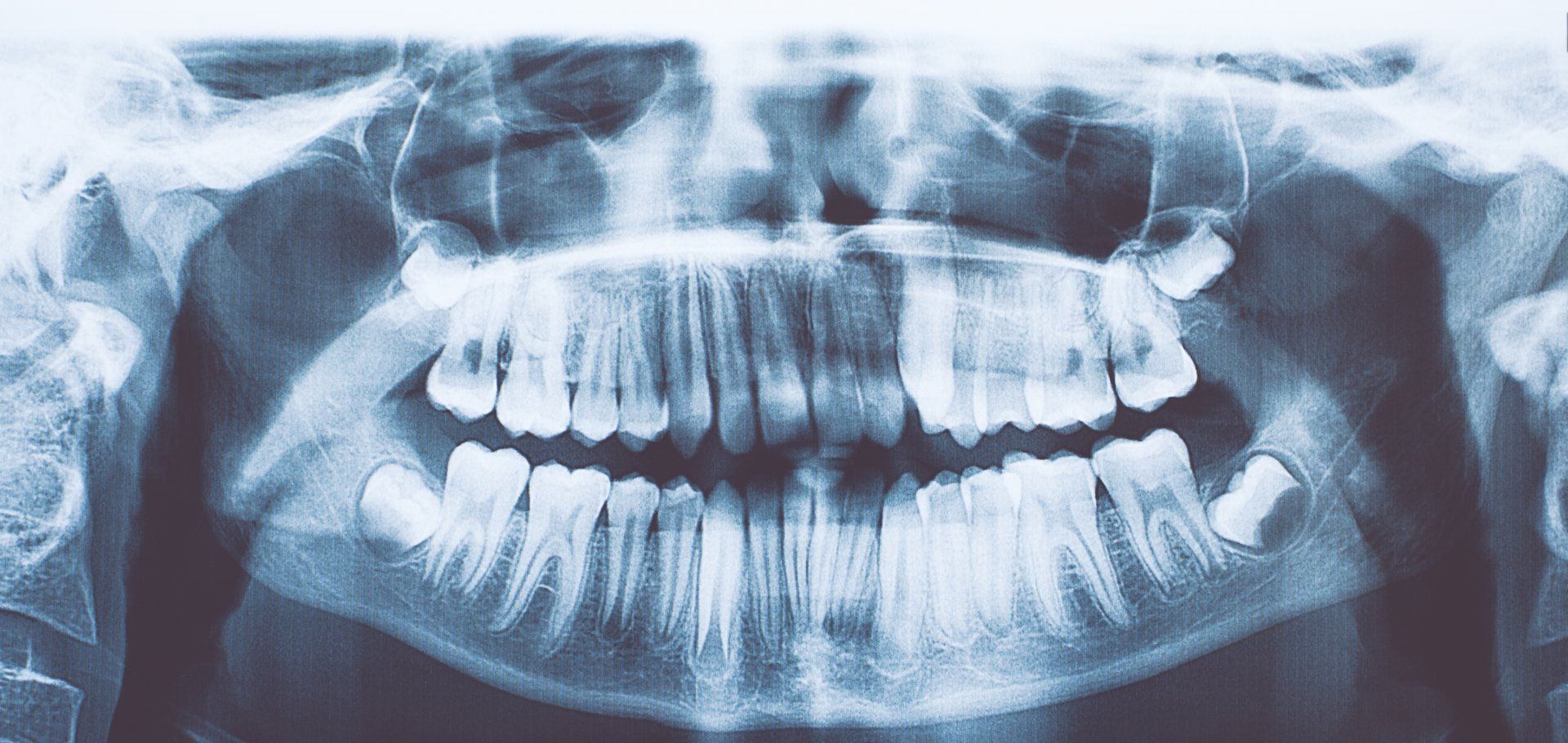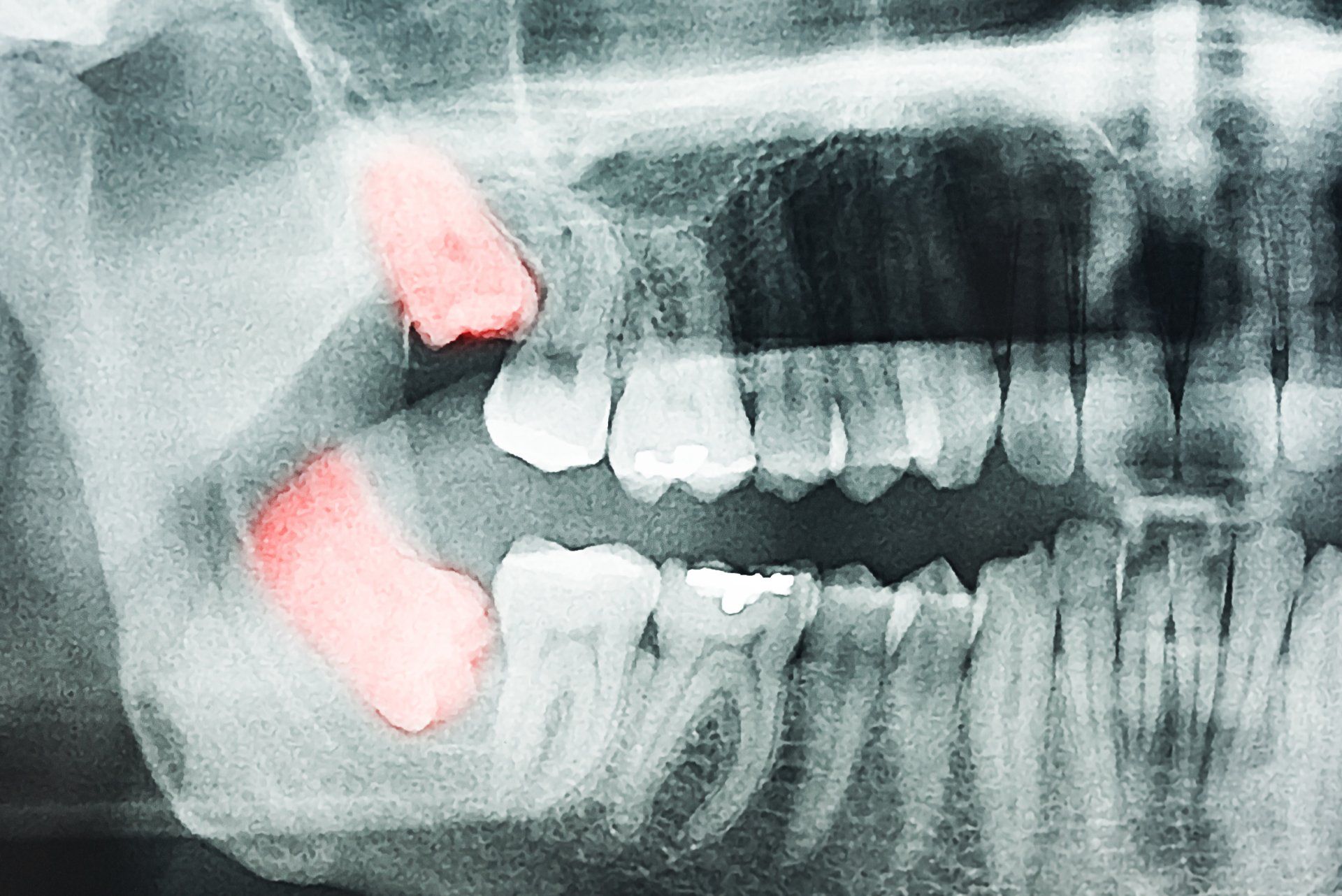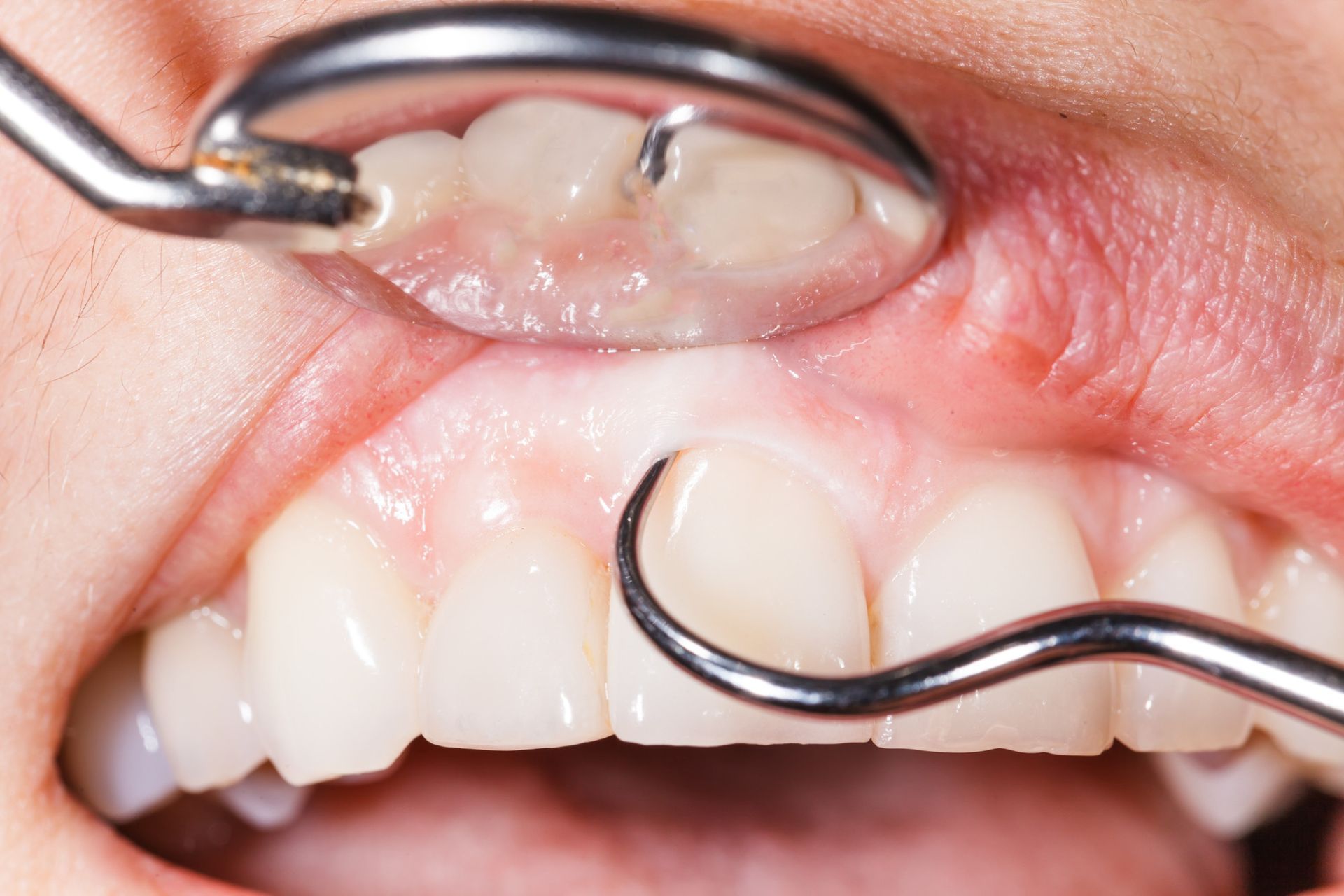Crown vs Bridge: What's the Difference Between These Dental Procedures?
What Is a Dental Crown?
Dental Crown Procedure
The dental procedure may require a root canal or drilling into the tooth to eliminate any existing decay if the tooth needs a crown due to a severe cavity or decay. From there, the tooth will need drying, and the crown will need to be secured to your tooth.
More likely, the dentist will have to file down the outer layer of your tooth and take an impression of the trimmed tooth and surrounding teeth. This will help them size the crown appropriately. This may require a separate visit.
If so, they may put a temporary crown over your tooth and schedule the procedure with you. If that's the case, limit your chewing on that tooth until the day of the procedure, especially on hard or sticky foods.
The crown will then be created, and they will secure it to your existing tooth. For a front tooth, this may involve color-matching with your existing teeth, which your dentist will also plan ahead of time.
From there, the procedure itself is relatively straightforward. You will only need local anesthesia and an hour or two for your appointment. Recovery may take anywhere from a few hours to 3 days at most, and you should contact your dentist if you experience any prolonged discomfort or pain.
Advantages of a Crown
If you can get a crown, most dentists would recommend it. A crown is a much easier and more secure procedure than other options, as the crown is secured to the existing tooth enamel. This won't require tooth or root extraction.
As a result, this can save money! Crowns require less material than bridges and don't require as invasive of a procedure, making them more affordable on average. However, there are exceptions.
Crowns tend to last much longer than dental bridges, as they attach to an existing tooth and prevent further decay. A crowned tooth can easily last a lifetime with proper care, especially for larger crowns that protect the tooth.
Disadvantages of a Crown
Relatively speaking, there aren't too many downsides to a crown. Of course, no dental procedure is blissful, but a dental crown can be a great way to improve the health and security of your teeth without overspending. It isn't the best option for a missing tooth or a tooth broken down to the root, but that isn't what it was designed to do.
What Is a Dental Bridge?
Dental Bridge Procedure
The procedure may look different between patients, as your circumstances will largely determine how the bridge is secured. Your dentist will design the bridge to fit where the replacement is needed, which may include color-matching, sizing, and more. Typically, you'll have a separate visit for measuring and creating your new bridge ahead of the procedure.
If you require a tooth extraction, you will need to wait longer for the bridge procedure than you would between a root canal and a crown. The bone and gums will need time to heal before the procedure.
After that, you'll visit your dentist for the bridge procedure, which may include securing the tooth to your gums, existing enamel, or surrounding teeth. Again, this depends on your circumstances.
The bridge procedure is very similar to a crown procedure from the patient's perspective. It will only require local anesthesia and a similar recovery period. The only significant difference is a possible root extraction beforehand if necessary.
Again, contact your dentist if you experience any pain or discomfort for more than 3 days after your bridge procedure or tooth extraction. You should adjust fully to your new tooth within 2 weeks after the procedure.
Advantages of a Bridge
If you're missing a tooth, then a bridge is the cheapest and least invasive option to replace it. A dental implant can cost up to $6,000 for one tooth, depending on the circumstances and materials. On the other hand, a bridge may only cost $800 to 2,000, even without insurance.
Of course, this heavily depends on the material and the type of procedure required. However, you can still choose the type of material you want and have it custom-fit to your mouth.
Disdvantages of a Bridge
A bridge's most critical disadvantage is that it doesn't last forever. If you need to replace an entire tooth, a dental implant is the way to go, as it can last for 20 years to a lifetime. However, a bridge is still an affordable way to replace a tooth.
That's not to suggest that they will break immediately, especially with the right materials. Dental bridges typically last for at least 5 to 7 years and up to 15, depending on their material and how they are secured. Visit your dentist and determine your best option and how long you can expect to hold onto your bridge.
Also, while crowns can potentially
strengthen
your existing tooth, bridges may have the opposite effect. If a bridge is secured to surrounding teeth, this can harm those teeth over time.
Different Materials for Crowns and Bridges
Porcelain
Porcelain is a very common choice for dental crowns or bridges. It's the best material for color matching, and it feels similar to your existing teeth.
Yes, porcelain is a reasonably fragile material, but not when used in teeth. Porcelain can be made very strong and can last for years with proper care, typically lasting 5 to 15 years for crowns. However, there are stronger materials to choose from!
Ceramic
Ceramic is very similar to porcelain in terms of strength, but it tends to be cheaper than porcelain. The type of ceramic used in dentistry is very dense and strong for long-lasting effects. They should still last for about as long as a porcelain crown or bridge!
Metal Alloys
All-metal crowns tend to be cheaper than gold or porcelain crowns, and there are several options to choose from. Some of the most common include silver, platinum, palladium, nickel, chromium, and cobalt, as well as alloys of these metals.
Of course, platinum and palladium are the most expensive options, but hard metals are great for providing extra strength. The only downside is their appearance. However, this isn't a big deal if they are in the back of your mouth, as they can offer the same functions for a lower price.
Porcelain-Fused Metal
If you want the best of both worlds, porcelain or ceramic can be fused with metal for strength and appearance. This is becoming increasingly popular for dental procedures like crowns and bridges. Talk to your dentist to see which material is right for you!
Crown vs Bridge: Which Is Better?











